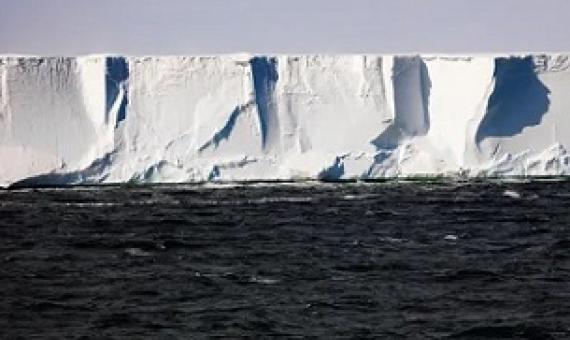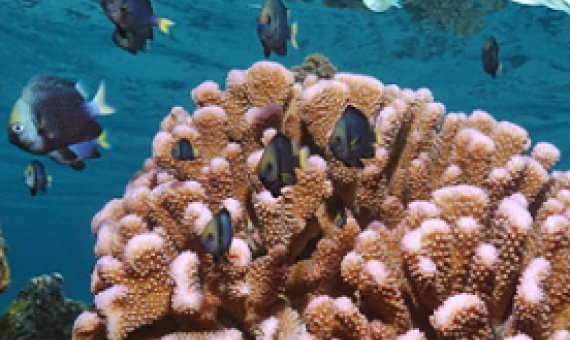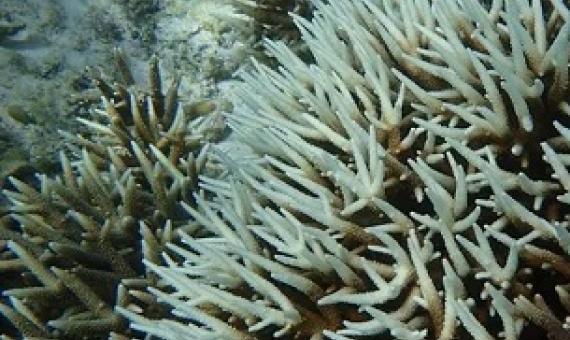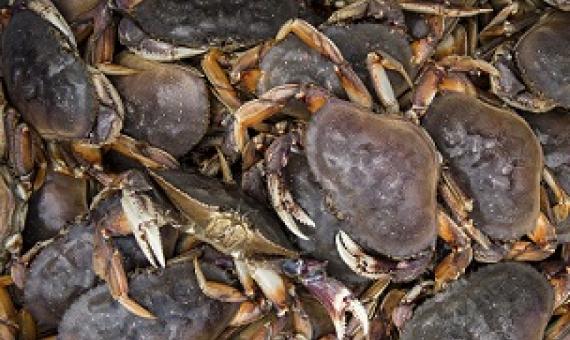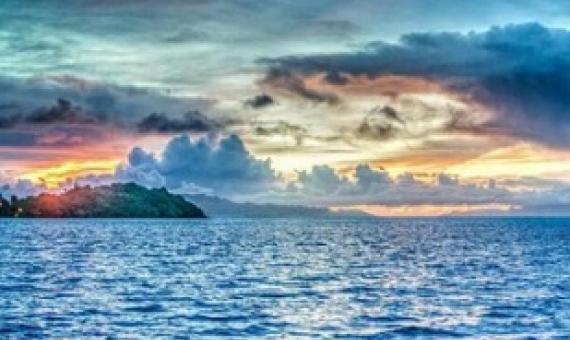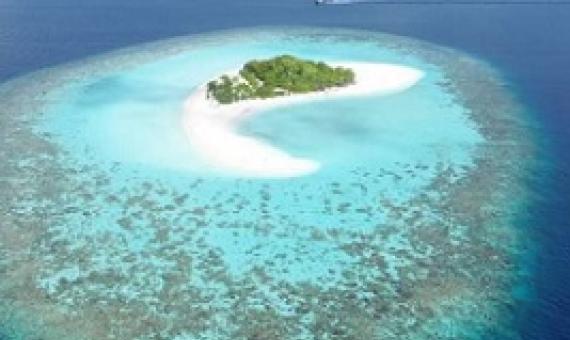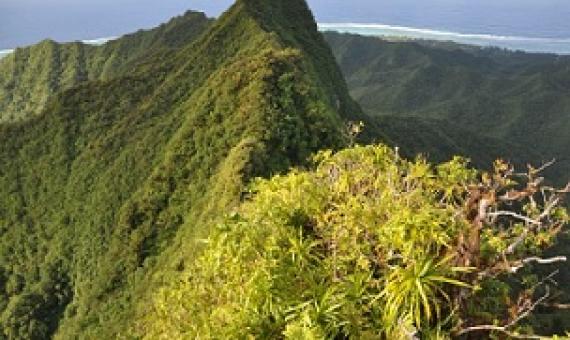Melting of the Antarctic ice sheet will cause sea level rises of about two and a half metres around the world, even if the goals of the Paris agreement are met, research has shown.
Due to the increasing pressure of global warming on highly valuable coral reef ecosystems, scientists are now seeking novel ways to decrease heat stress on corals.
Senior representatives from eight Government Departments met in Port Vila yesterday for the first meeting of the Pacific-European Union Marine Partnership (PEUMP) programme-funded By-catch and Integrated Ecosystem Management (BIEM) Initiative Steering Committee.
Coral reefs in Guam and the rest of the Marianas archipelago are facing unprecedented damage because of warmer waters and increased carbon dioxide emissions. As of Sept.
Ocean acidification, one of many devastating effects of the warming earth, has been well-documented. It’s no longer up for debate. We now know that this process is adversely affecting many of the species that are the cornerstone of major oceanic ecosystems.
You are invited to attend the 2021 MSc Course in Tropical Forestry.
As oceans warm due to climate change, scientists are trying to predict how marine animals—from backboned fish to spineless jellyfish—will react. Laboratory experiments indicate that many could theoretically tolerate temperatures far higher than what they encounter today.
As the coronavirus pandemic compounds worsening economic pressures from climate change impacts, small island developing nations on Monday appealed for international financial support to help them avert a looming debt crisis...One major barrier, however, is that many island states in the Caribbean
At this summer’s Oxford University Nature-Based Solutions (NbS) Digital Dialogues , a conversation between top scientists in the field took a deeper dive into the opportunities and hazards of NbS to address climate change.
In Kenya, the coronavirus pandemic has dried up eco-tourism, cutting off sources of funding that help protect wildlife and pay an income to communities working to preserve nature.

